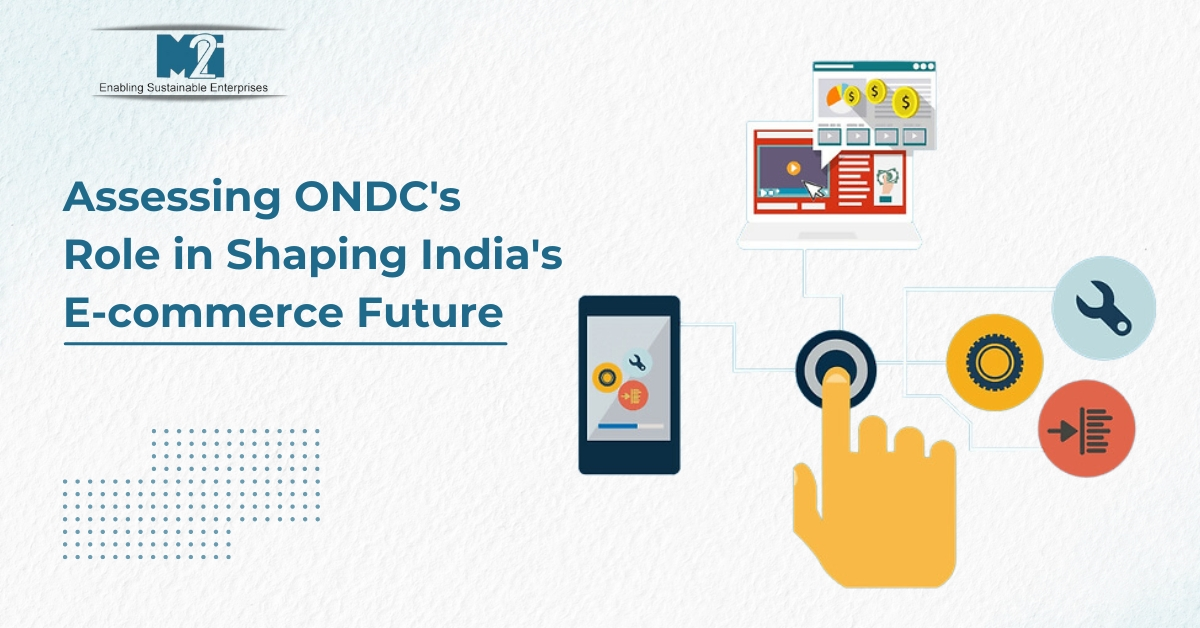
Assessing ONDC's Role in Shaping India's E-commerce Future
The Open Network for Digital Commerce (ONDC) has embarked on an ambitious journey to reshape India's digital marketplace. Designed to make online commerce less monopolistic and more inclusive, ONDC aims to provide a boost to small and medium enterprises by offering a unified platform for buying and selling goods and services. However, as the network takes off, it faces significant challenges that need addressing to fully realize its potential.
Promising Start with Significant Growth
ONDC has demonstrated impressive growth since its inception. After being off to a promising start, inevitable challenges have come up, which must be overcome to make ONDC a viable tech spine in a country where web commerce is increasingly becoming a leitmotif of consumerism. Strong growth in the ONDC transactions indicate a strong market appetite for the services ONDC aims to provide.
Challenges to Address
Despite the promising numbers, several challenges loom that could dampen ONDC's impact. Adoption rates across both retailers and consumers need significant boosting for the platform to achieve the kind of network effect that drives success in digital ecosystems. Additionally, there are concerns about digital literacy among smaller retailers, which might hinder their ability to leverage ONDC effectively.
Moreover, ensuring seamless interoperability across diverse platforms participating in ONDC is a technical hurdle that requires continuous refinement. Security and data privacy issues also remain paramount, as these are critical to gaining and maintaining the trust of users.
Economic and Social Implications
The scale of ONDC's ambitions means its success or failure could have substantial implications for India's economic landscape. By democratizing e-commerce, ONDC can potentially lead to more equitable economic growth, promoting rural and smaller urban centers as new nodes of digital commerce. This could alleviate pressures on major cities and contribute to a more balanced regional development.
However, the impact on existing large e-commerce players and the broader market dynamics also deserves careful consideration. The potential market cannibalization and the reshaping of consumer habits need to be managed to prevent destabilizing the current economic structure too abruptly.